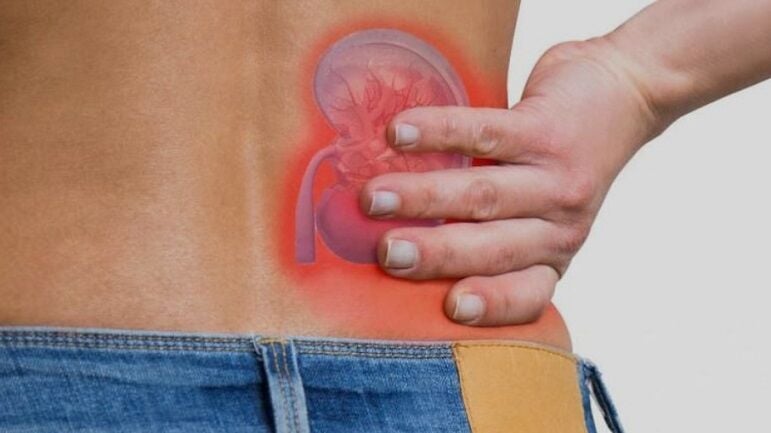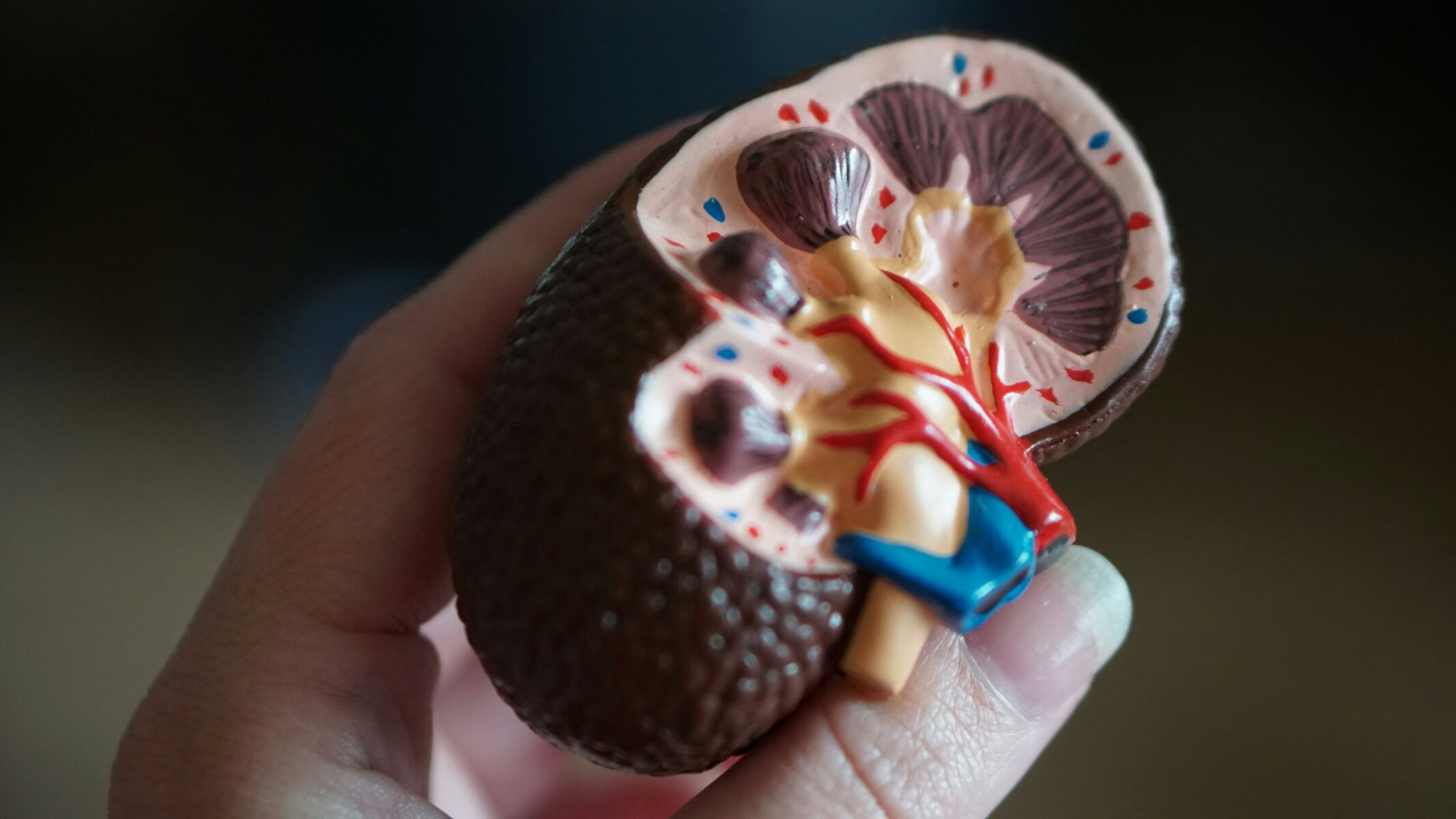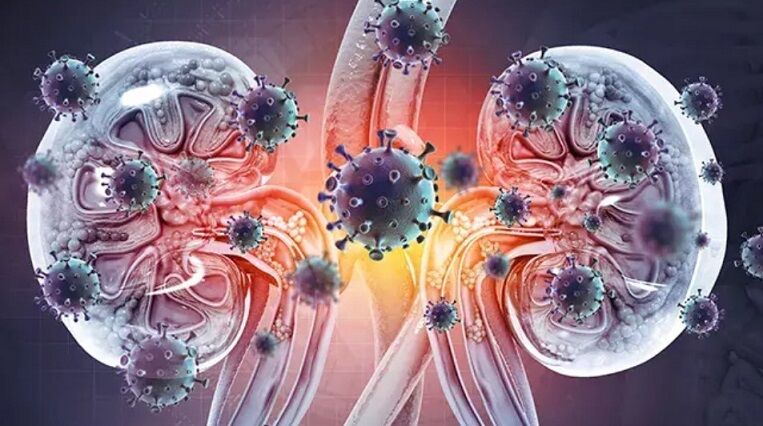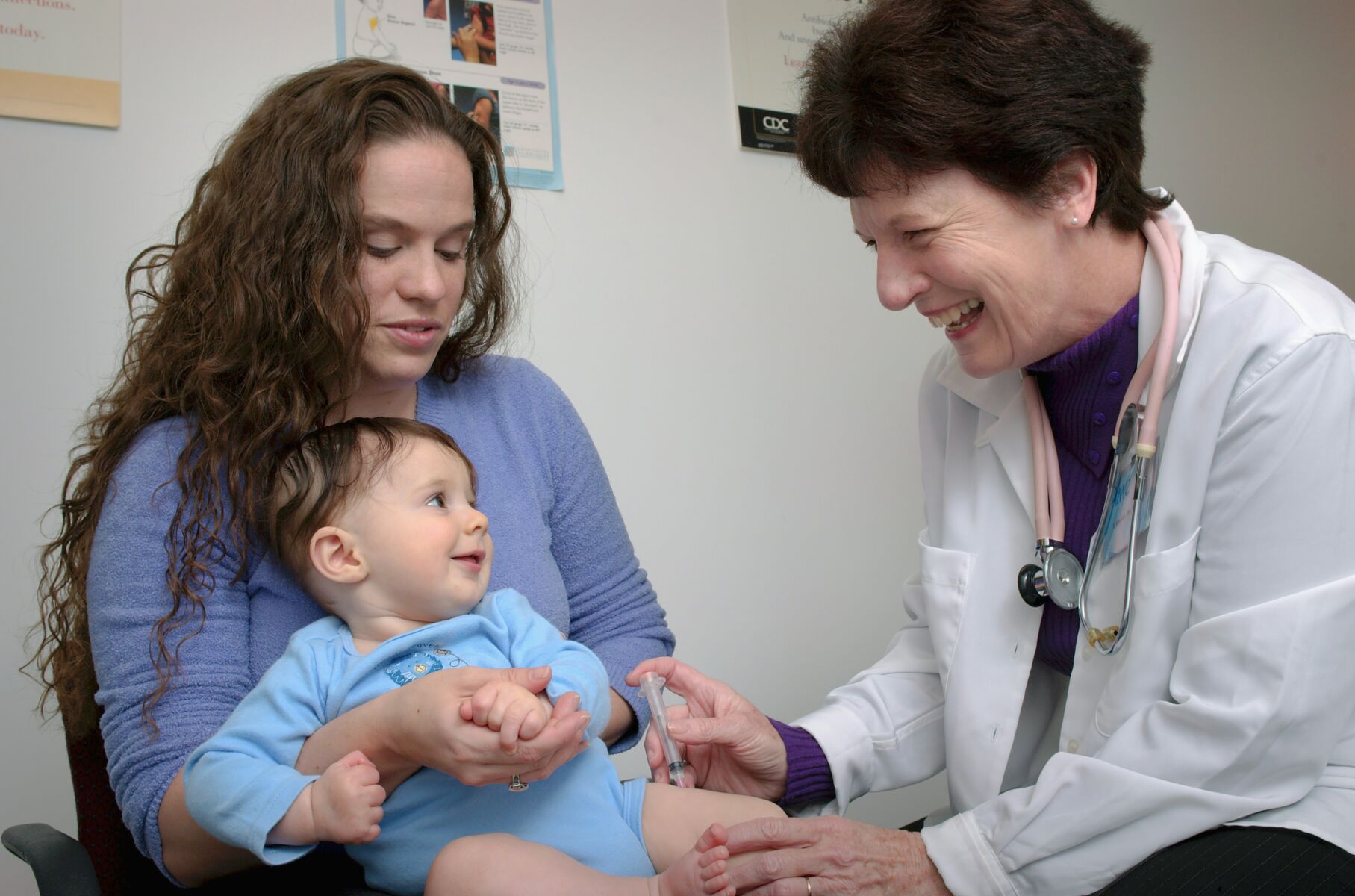The hidden epidemic: Almost 90% of individuals do not even know they have kidney issues until it is too late

Kidney disease, a condition affecting an estimated 850 million people worldwide, is alarmingly underdiagnosed.
Astonishingly, 90% of individuals with kidney disease, including two in five people with severe cases, remain unaware of their condition.
In the United States, United Kingdom, Thailand and Australia, kidney disease is the fastest-growing noncommunicable disease, making early detection crucial for improving patient outcomes.
Understanding the kidneys and their function
The kidneys are remarkable organs, filtering around 200 litres of blood daily. They play a vital role in removing waste, balancing fluids and minerals, regulating blood pressure, and producing red blood cells. When the kidneys are compromised, these functions are disrupted, leading to serious complications such as heart attacks, strokes, anaemia, nerve damage, kidney failure, and even death.
One in three adults is at risk for developing kidney disease due to factors like diabetes, high blood pressure, advanced age, and family history.

Early warning signs include persistent puffiness around the eyes, frequent urination, foamy urine, dry and itchy skin, fatigue, and difficulty concentrating. However, these symptoms are often overlooked, leading to more advanced and harmful stages of the disease.
Protecting your renal health
Protecting kidney health involves several lifestyle changes and regular testing. A balanced diet low in salt and fat, adequate hydration, maintaining blood pressure, regular exercise, and avoiding smoking can significantly reduce the risk of kidney disease. Routine testing is a powerful tool for monitoring kidney function. Home testing options, provide a convenient way to stay informed about your kidney health.
Kidney disease: causes and treatments
Chronic kidney disease (CKD) occurs when the kidneys are damaged and lose their ability to filter blood effectively. Early-stage CKD often has no symptoms, but as the disease progresses, waste builds up in the blood, causing sickness and other health issues like high blood pressure, anaemia, weak bones, poor nutrition, and nerve damage. CKD also increases the risk of heart and blood vessel diseases.
The primary causes of kidney disease are diabetes and high blood pressure, which account for 76% of kidney failure cases. Other causes include glomerulonephritis, inherited diseases like polycystic kidney disease, birth malformations, lupus, obstructions such as kidney stones, and repeated urinary tract infections.
The COVID-19 pandemic and ongoing sporadic surges are also expected to exacerbate the incidences of acute kidney injury, ultimately resulting in exponential cases of kidney failures in the next few years. Numerous studies have validated that the SARS-CoV-2 virus is able to infect the human kidneys in a variety of ways and cause what is referred to as COVID-19-induced acute kidney injury.

Treatment of kidney disease is most effective when started early and includes diet changes, exercise, medication, and managing risk factors like diabetes and hypertension. For advanced stages, dialysis or a kidney transplant is necessary. Dialysis, available in two forms – hemodialysis and peritoneal dialysis – removes waste and excess fluid from the blood. A kidney transplant involves placing a healthy kidney from a deceased or living donor into the patient, though this requires ongoing medication to prevent rejection.
The scope of the problem
In 2022, 785,883 Americans had kidney failure, requiring dialysis or a transplant to survive. Approximately 130,000 people started treatment for kidney failure that year, with most beginning dialysis. The number of people living with a kidney transplant was 229,887. Despite the need, only about 22,393 transplants were performed in 2022, with over 100,000 Americans waiting for a transplant. Tragically, 12 people die daily while waiting for a kidney.
Without increased investment in prevention, the number of patients with kidney failure is projected to exceed 1 million by 2030. People with kidney disease are five to ten times more likely to die prematurely than to progress to kidney failure.
The situation is similar in various countries across the world be it Canada, the United Kingdom, France, Germany, Denmark, Thailand, India, Japan, Australia or China.
Children and adolescents at risk
Kidney disease also affects children and adolescents, often due to conditions like hypertension, obesity, and diabetes. In the U.S., about 4% of youths aged 12-19 have hypertension, and around 10% have elevated blood pressure. In 2017, 6,427 children lived with kidney failure, with primary causes including congenital anomalies, cystic disorders, and glomerular diseases.

In Asia, the local statistics are catching up with those in America.
Pediatric kidney failure patients face significant health challenges, with a life expectancy of 38 years for those treated with dialysis during childhood and 63 years for those receiving a transplant. More than 1,000 children are waiting for a kidney transplant in America alone, with significant racial and ethnic disparities in treatment and outcomes.
Preventing kidney disease
Early detection and prevention are key to combating kidney disease. Simple tests, like the urine albumin-creatinine ratio (uACR) and blood tests measuring glomerular filtration rate (GFR), can detect kidney damage and function. People with kidney disease should manage blood pressure and blood sugar levels, reduce salt intake, avoid certain painkillers, and get annual flu shots. General preventive measures include regular exercise, a balanced diet, quitting smoking, moderate alcohol consumption, staying hydrated, and annual physicals.
A call to action
Chronic kidney disease is a significant public health issue, with millions affected and many unaware of their condition. Early detection, preventive healthcare, and lifestyle changes are crucial in managing and preventing kidney disease. Building a relationship with healthcare providers and prioritizing regular check-ups can help catch the disease early and improve outcomes. With greater awareness and proactive measures, we can combat this silent crisis and protect our kidney health.
Need help getting a kidney health screening or want to consult a good nephrologist, get in touch with Medijump, a medical concierge with an excellent track record.
Latest Thailand News
Follow The Thaiger on Google News:


























